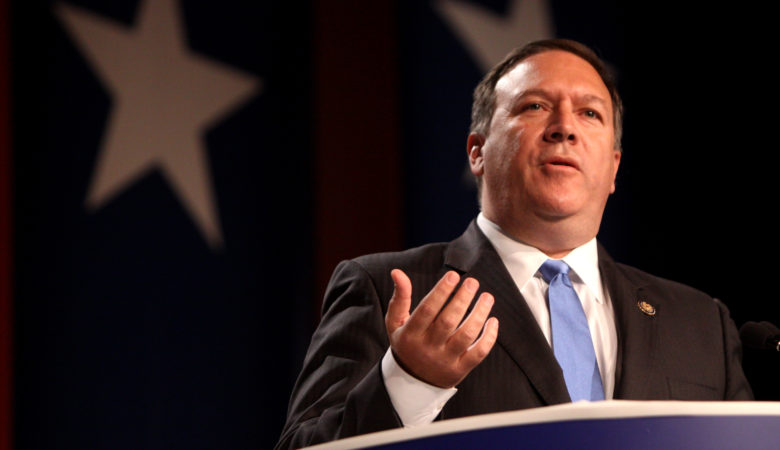Let’s Fight for South Africa’s Property Rights.
South Africa’s plan to expropriate private property without compensation would be disastrous to their economy. The conditions for economic growth include a strict rule of law and respect for property rights. Unfortunately, the bill proposes an amendment to section 25 of the Constitution to provide that where land and any improvements thereon are confiscated for the purposes of land reform, the amount of compensation payable may be nil.
President Matamela Ramaphosa is pushing forward this amendment bill and this constitutional change is headed toward enactment later this year.
In his speech to the United Nations Economic Committee for Africa in Addis Ababa, U.S. Secretary of State Mike Pompeo underlined that such a policy “would be catastrophic for the South African economy and the country’s population.” Without property rights, citizens lack the incentive to innovate or invest. In other words, if you are not sure of owning the fruits of your labor, you are reluctant to risk the investment to improve your lot.
The Banking Association of South Africa (Basa) in its detailed submission to parliament on the constitutional amendment bill, stated: “The decision to expropriate land without compensation should not be left to the executive without oversight and decision-making by the judiciary. Any attempt to remove judicial oversight must be resisted. The possibility of expropriation without compensation has already started discouraging essential investment by farmers and others into their properties, resulting in increased food insecurity due to reduced investment in local agriculture. Expropriation without compensation, especially if done without judicial oversight, will also reduce the capacity of banks to extend credit, which is often used by entrepreneurs for personal development and to improve living standards.”
Twenty three international groups signed an International Coalition Letter , coordinated by the Free Market Foundation and Property Rights Alliance, to president Ramaphosa standing firmly against the South African government’s proposed policy: “The undersigned members of the Property Rights Alliance call on policymakers in South Africa and around the world to protect and promote the sanctity of private property rights and strongly condemn the South African government’s intention to enact a policy that will expropriate private property without compensation. The Constitution Eighteenth Amendment Bill must be abandoned immediately.”
President Trump may give a hand in this financially illiterate situation by revoking South Africa’s membership in the African Growth and Opportunity Act (AGOA). AGOA is a Trade Act, approved by the US Congress in May 2000, assisting the economies of individual Sub-Saharan African nations to have access in the vast U.S. market. If South Africa desires to keep that access, then according to Section 104 of AGOA, “should protect private property rights…and minimizes government interference in the economy”. Membership is determined annually and can be revoked “if the [U.S.] President determines that an eligible Sub-Saharan African country is not making continual progress in meeting the requirements described.”
Besides, numbers never lie and in 2019, South Africa exported $7.8 billion worth of goods and services to America. If South Africa’s membership is suspended, then only a miracle will bring those numbers back.
Photo Credit Gage Skidmore

